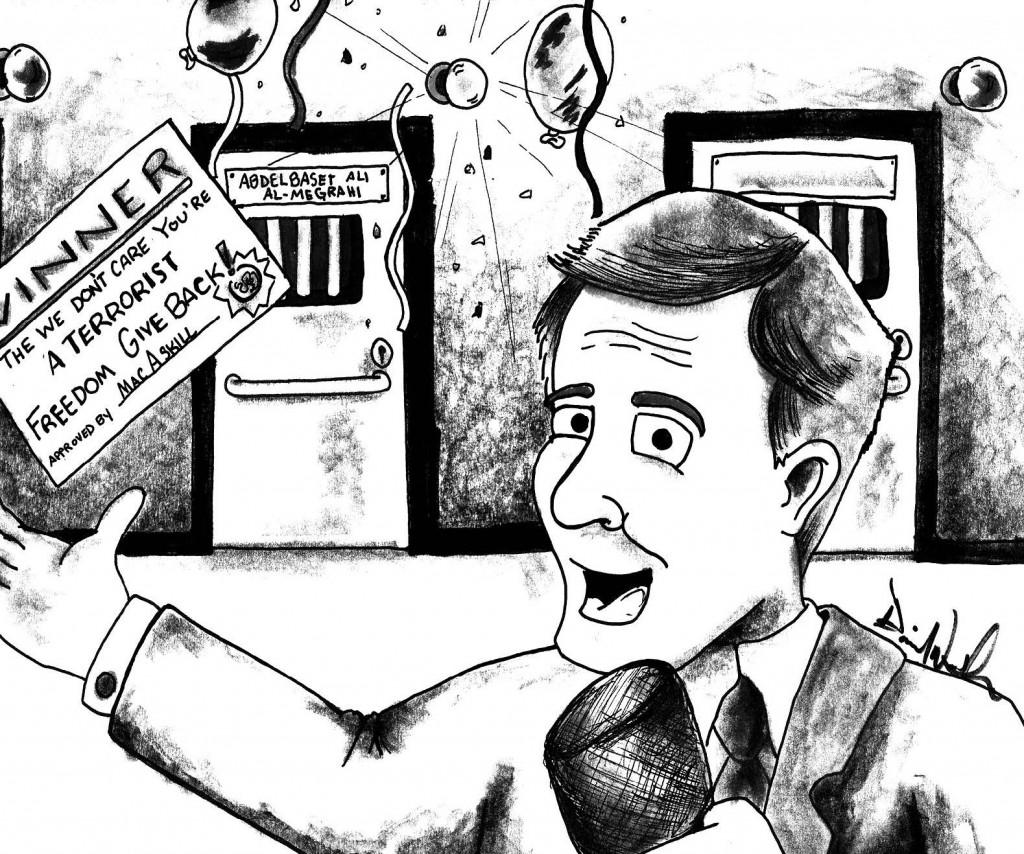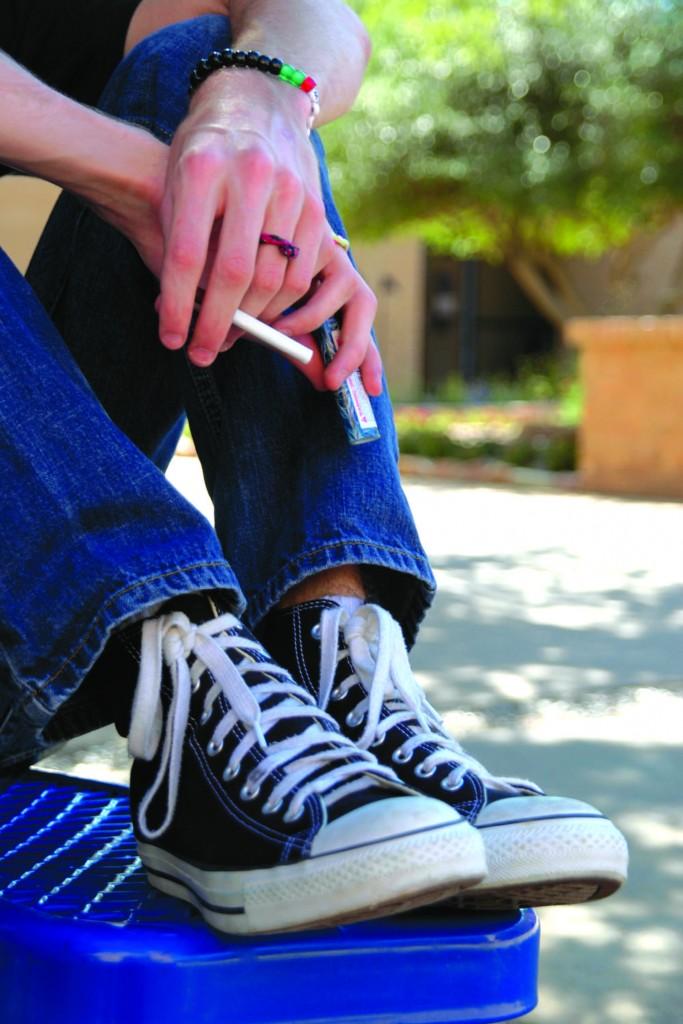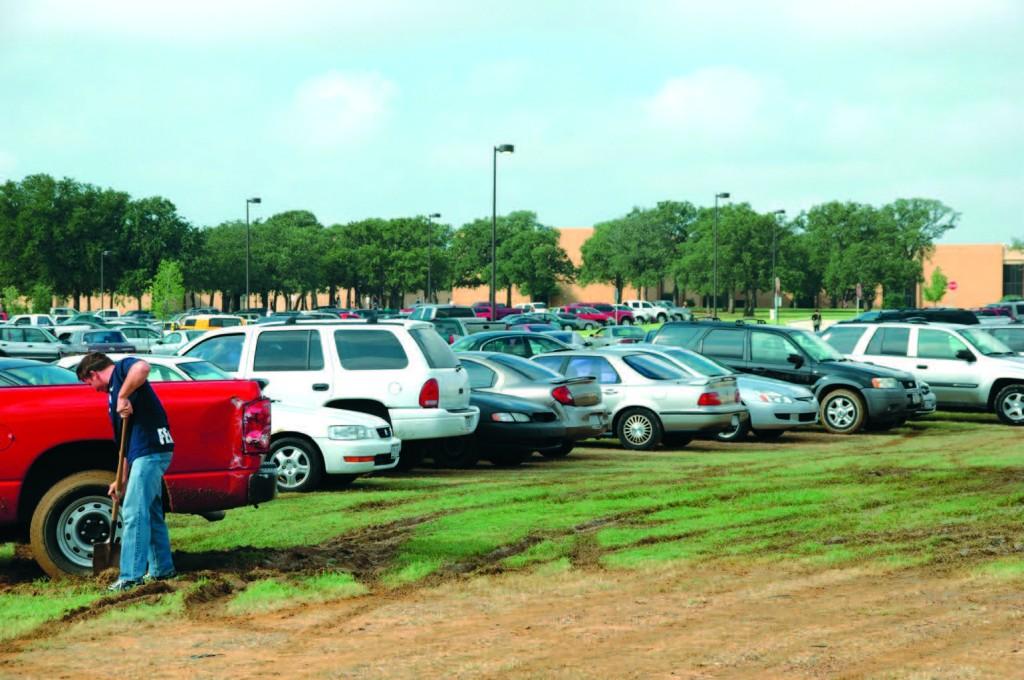By Shelly Williams/managing editor
Students choose from non-profit work agencies that help service the learning activities and projects such as campaigns and fundraising that intertwine with the lessons taught from classes.
In turn, the agencies may find future employees and spread word about their businesses. Students then reflect on their educational experience with the agencies and examine their project in detail.
“Service learning requires reflection. Service learning without reflection is merely community service,” Fowler said. “For example, if I ask my students to volunteer as tutors in an AIDS hospice — that’s volunteering. If I ask my students to volunteer as mentors in an AIDS hospice after we discuss AIDS in the curriculum and then we reflect on whether our participation in the hospice made a difference or not — that is service learning.”
The program also helps students become familiar with other career fields outside of school or gain experience with careers they are already studying, said SE assistant coordinator of career and employment services Gina Maloy.
However, SE student Sumaiya Karim, who donated blood and volunteered for her sociology class, was skeptical of the impact service learning would have on her.
“At first, I was like ‘Oh my gosh, I have to do service learning. Ah, I’m wasting my time,’ but actually, it was really fun,” Karim said.
“Now, I volunteer in a hospital. I help the nurses and stuff like that. Service learning inspired me to get involved with it because my major is pre-med. It’s something I have to do. It’s exciting to work on whatever you love to do, and I love the medical field.”
There is no specific class for service learning, and a single course may participate in several projects for non-profit agencies. Class projects may also vary from one semester to another.
“In my Sociology 1301 course last year, we discussed the impact of going green in society,” Fowler said.
“Then we implemented a going green campaign, distributed recycle bins on campus and throughout the district, created recycled art, held an auction and then donated the proceeds to the Alliance for Children. That’s just one class.”
Not all TCC courses require service learning, except for those on the new Trinity River Campus. All classes there will have a service learning component, Fowler said.
Students or faculty interested in service learning can find the completion forms and contact information on the TCC Web site.
“Service learning is vital to retention and lifelong learning. Students who participate in service learning are more likely to commit to the curriculum as a whole and to their educational goals long-term,” Fowler said.



























